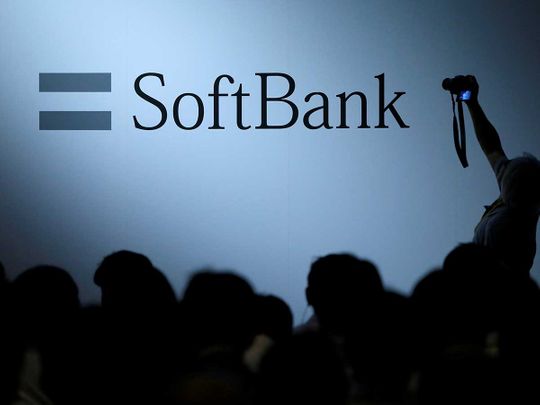
Tokyo: SoftBank warned investors on Monday that the value of its technology fund may have dropped by as much as $16.7 billion over the last fiscal year, as its investments have been hit hard by the fallout from the coronavirus and by big bets on unprofitable companies like WeWork.
SoftBank, which had deployed a $100 billion Vision Fund to make huge wagers on young companies like WeWork and Uber over the last few years, said in a statement posted to its website that the fund would record a loss of 1.8 trillion yen for the fiscal year that ended in March "due to the deteriorating market environment."
While the loss will be partially offset by revenue from SoftBank's other businesses, the company said it expected to end the year with a 1.35 trillion-yen loss, its first annual loss in 15 years.
The disclosure marked another stumble for SoftBank, which upended the startup investment world when it began the Vision Fund in 2017, but has lately been struggling. The fund was the largest pool of money ever raised for private technology companies, with backing from sovereign wealth funds in Saudi Arabia and Abu Dhabi, as well as Apple and Foxconn.
Through it, SoftBank bet big on startups around the world, including Uber, a ride-hailing giant; WeWork, a coworking startup; Oyo, a hospitality company in India; Coupang, an e-commerce company in South Korea; and Rappi, a delivery company in Latin America. Its aggressive deal-making pushed Silicon Valley investment firms to move faster and raise larger funds to keep up.
But cracks began showing last year, when Uber went public at a much lower valuation than expected. In October, WeWork yanked its highly anticipated initial public offering over allegations of mismanagement, and SoftBank pledged almost $10 billion to bail out the company. Both Uber and WeWork grew quickly but are unprofitable.
In November, Masayoshi Son, SoftBank's founder and chief executive, said the Vision Fund would not offer bailouts to any more of its investments. Soon after, startups around the world shifted their strategies from fast growth to cutting costs and trying to turn a profit.









